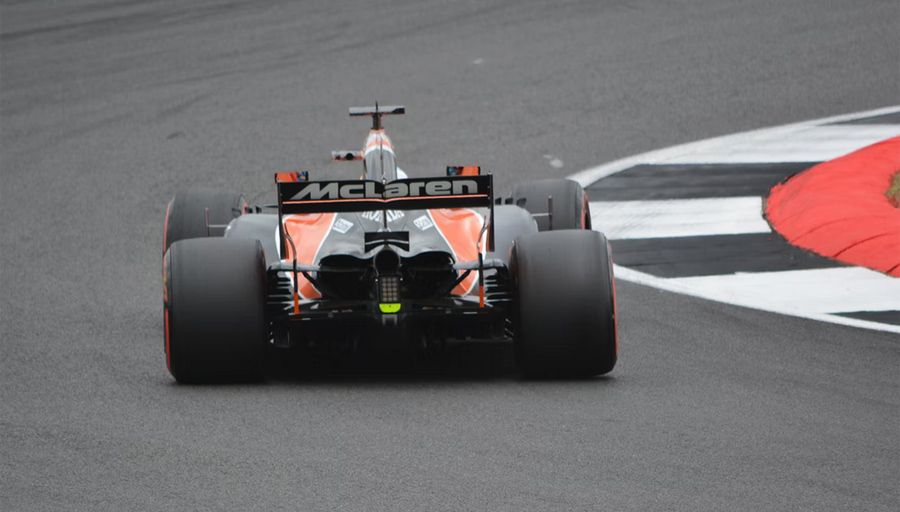What Skills Do You Need to Work in Motorsport?
- Technical Skills: Understanding the Car and the Technology
Vehicle Knowledge
- A deep understanding of the car’s mechanics is fundamental. You need to know how engines, transmissions, and suspension systems work to diagnose issues and optimize performance.
Technology Familiarity
- Motorsport is becoming more technologically advanced, especially with innovations like hybrid powertrains and active suspension. Engineers must be well-versed in tools like CAD software, telemetry, and simulation technologies.
Tools and Equipment
- Familiarity with specialized tools is vital. This includes using high-tech diagnostics equipment and precision instruments during race weekends.

- Soft Skills: Communication and Teamwork
Effective Communication
- Communication in motorsport is vital. Engineers, mechanics, and drivers must exchange information quickly and clearly, especially during races or pit stops.
Team Collaboration
- Motorsport is a team effort. Working together in high-pressure situations requires trust and coordination. Whether you’re in the pit crew or engineering team, teamwork is essential for smooth operations.
Problem-Solving
- During races, unexpected issues arise. Quick thinking and problem-solving are crucial when adapting to sudden challenges, like equipment malfunctions or strategy changes.
- Physical and Mental Endurance: Staying Strong Under Pressure
Physical Strength and Stamina
- Motorsport environments can be physically demanding, especially for those working in the pit crew. The ability to lift heavy equipment, work in tight spaces, and maintain focus for extended hours is crucial.
Mental Resilience
- Motorsport is a high-stakes environment. Being able to stay calm under pressure, make fast decisions, and recover from setbacks is vital for long-term success.

- Networking and Relationships: Building Your Industry Connections
Creating a Strong Network
- Motorsport is about who you know as much as what you know. Building relationships with industry professionals can open doors to career opportunities and collaborations.
Industry Events and Conferences
- Attending races, workshops, and conferences is essential for networking. These events allow you to stay informed about industry trends and connect with key figures in the motorsport world.
- Continuous Learning: Staying Ahead of the Curve
Adapting to Innovation
- The motorsport industry is fast-paced and constantly evolving. Staying updated with new technologies, safety measures, and performance strategies is key to staying competitive.
Investing in Education
- Many professionals in motorsport pursue formal education, such as engineering degrees or certifications in automotive technology, to deepen their knowledge and skills.
Learning from Experience
- Real-world experience is invaluable. Hands-on involvement in motorsport—whether through internships, entry-level positions, or racing itself—helps develop the necessary skills to thrive.
Conclusion: Achieving Success in Motorsport
To succeed in motorsport, you need a mix of technical knowledge, soft skills, and physical endurance. Developing a broad skill set that includes effective communication, teamwork, resilience, and continuous learning will give you the edge. Whether you’re tuning a car’s engine or coordinating a race strategy, your ability to adapt and grow in a fast-paced environment is the key to a rewarding career in motorsport.

